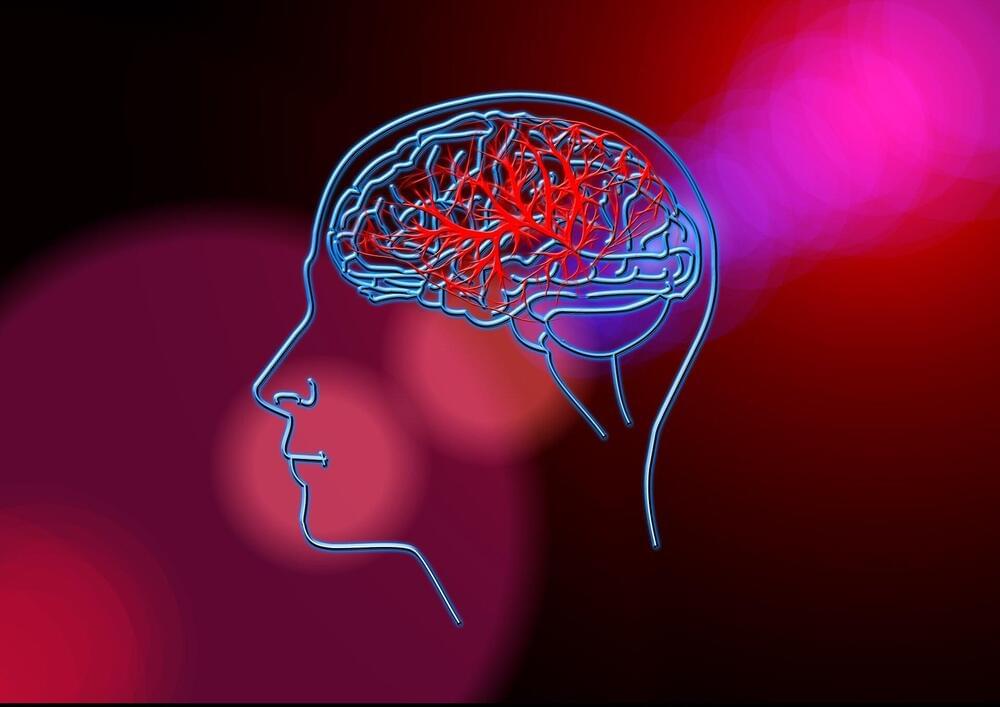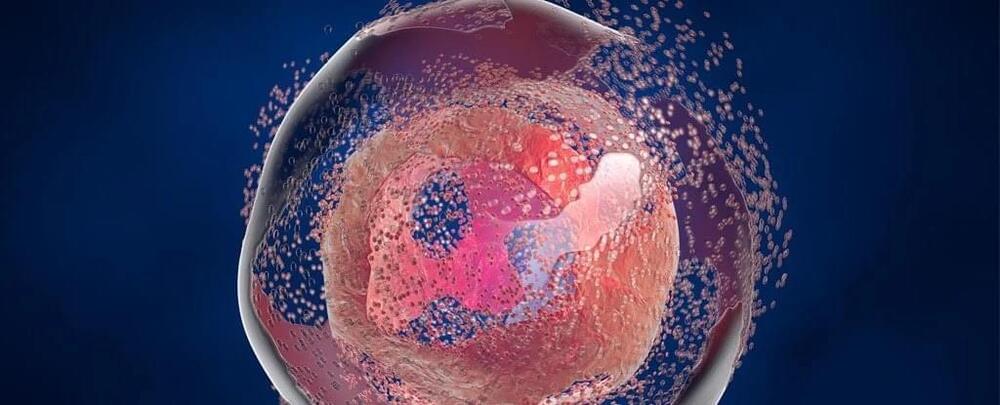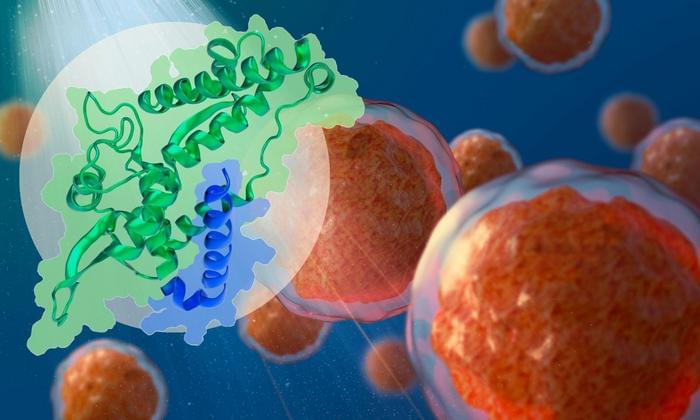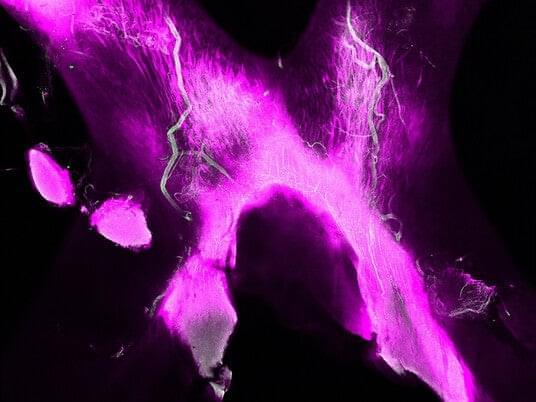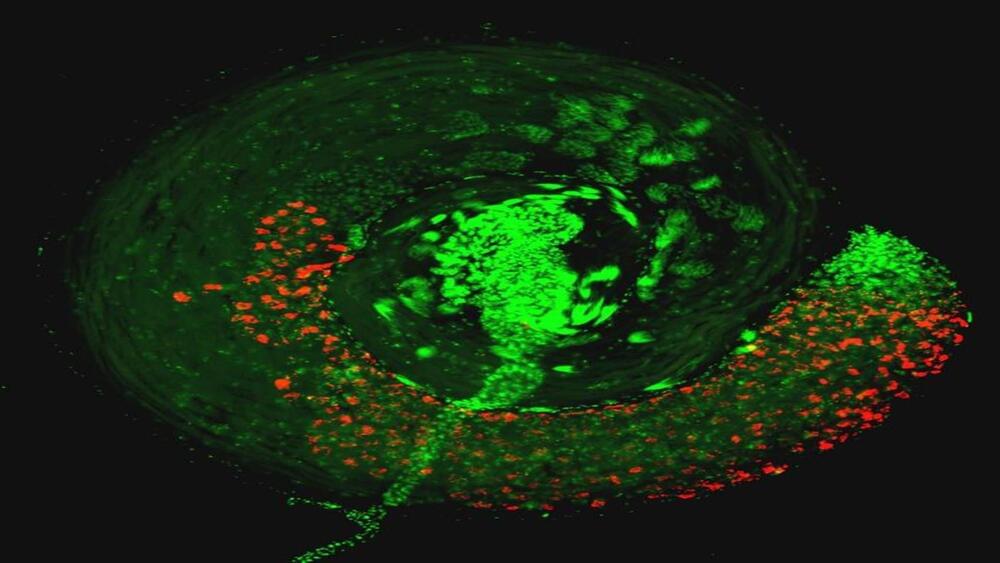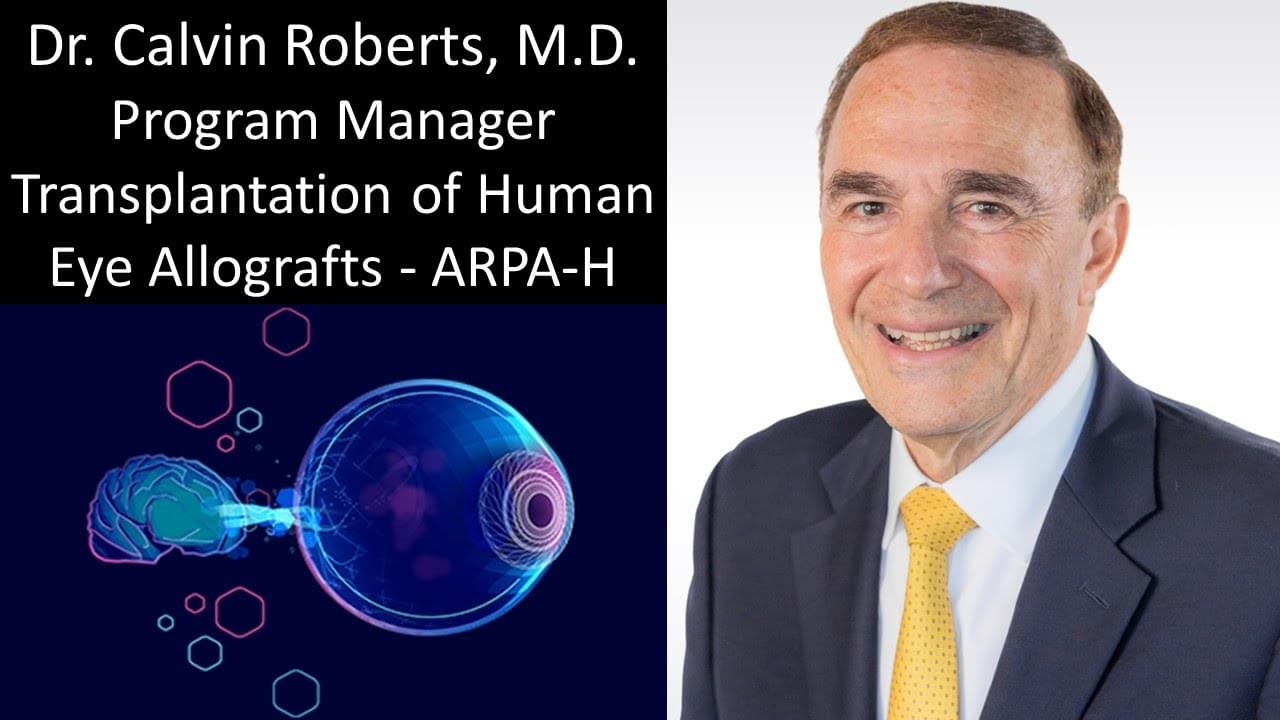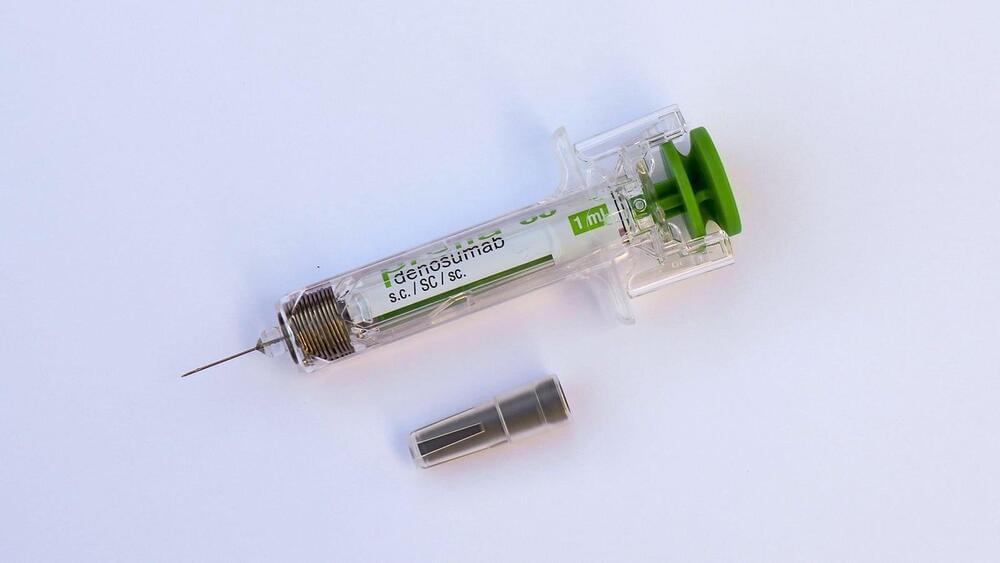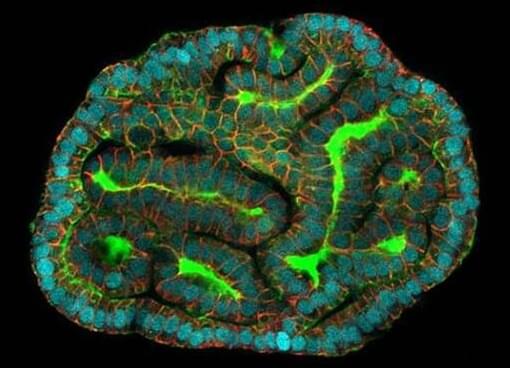Mar 8, 2024
Intriguing science discoveries of 2023
Posted by Omuterema Akhahenda in categories: biotech/medical, computing, neuroscience, science

This year, Rockefeller scientists plumbed the depths of wound repair and tackled how songbirds solve problems; they used microchips to grow mini-lungs and proposed an environmental trigger for multiple sclerosis. Efforts to combat COVID, Hepatitis B, and other infections bore fruit, and countless papers shed light on basic research, answering questions that have long baffled biologists. Here are some of the intriguing discoveries that came out of Rockefeller in 2023.
As the male reproductive system ages, it becomes more and more susceptible to mutations. New research from the laboratory of Li Zhao explored this phenomenon in fruit flies, by focusing on how mutations arise during the formation of sperm. The team found that, while mutations are common in the testes of both young and old flies, the repair mechanisms that remove those mutations and maintain genomic integrity during spermatogenesis become less efficient in older individuals, leading to the accumulation and persistence of more mutations in older flies.

